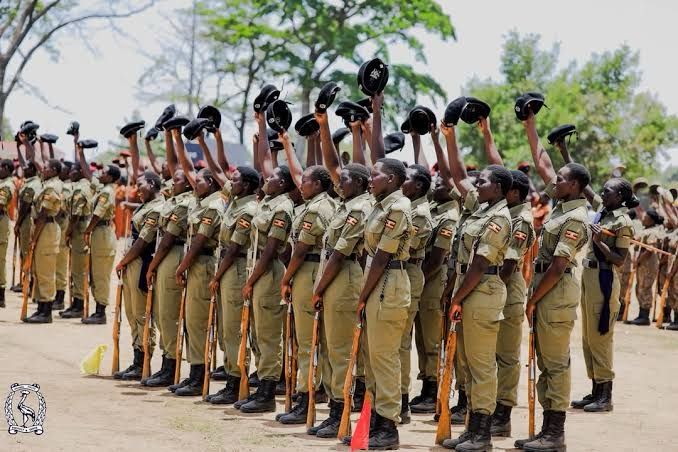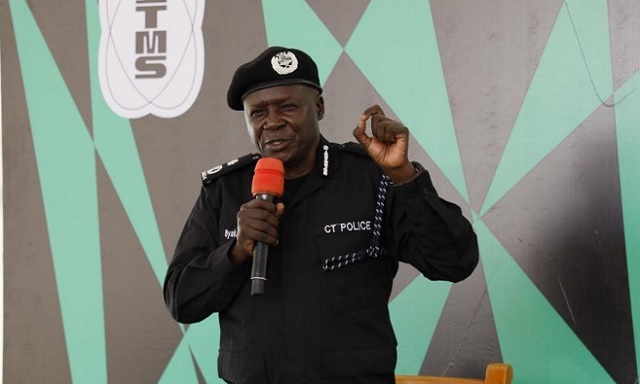In a sweeping move, Inspector General of Police (IGP) Abbas Byakagaba has dismissed over 2,000 Special Police Constables (SPCs) and civilians attached to various directorates and units within the Uganda Police Force. The directive, issued three days ago, has unsettled the force, with departments scrambling to fill the vacant roles.
Senior officers confirmed to the media that Byakagaba instructed that all SPCs and civilians be relieved of duty before the week’s end. “We are now looking for police officers to serve as administrators and secretaries. No unit is allowed to employ civilians,” an Assistant Commissioner of Police said.
Efforts to reach Police Spokesperson ACP Rusoke Kituuma were futile. However, directorates have started booking police constables currently completing their training to assume administrative roles. “Some civilians had served for over a decade but were forced to leave within two days,” another senior officer noted.
Last year, police leadership had directed civilian graduates and SPCs to apply for the Officers’ Basic Course (OBC) to integrate fully into the force. Many failed due to lack of physical fitness or inability to complete the training. A Superintendent of Police suggested that the earlier OBC push might have been intended to prepare for this mass dismissal.

Currently, about 2,500 recruits are completing a one-year training course, set to pass out on May 10, 2025. Those with degree qualifications have already finished a condensed 90-day OBC course and received force numbers. Some will soon undergo additional training to become Assistant Inspectors of Police (AIPs) or Inspectors of Police (IPs), and later Assistant Superintendents of Police (ASPs).
Sources indicated that financial pressures may have influenced the decision. Each SPC earned around 370,000 shillings monthly, costing the force about 4.4 billion shillings annually. Degree-holding civilians earned between 500,000 and 1,500,000 shillings monthly. The force is operating under tight budgets, with a growing fuel crisis affecting District and Division Police Commanders (DPCs) and directors.
“The move may save costs, but it risks weakening operations. Many civilians handled critical administrative and technical work beyond the training of typical police officers,” a senior officer warned.
Concerns remain about retraining constables for administrative roles traditionally filled by civilians, while it is still unclear whether departments like ICT, logistics, welfare, and engineering are fully affected.




